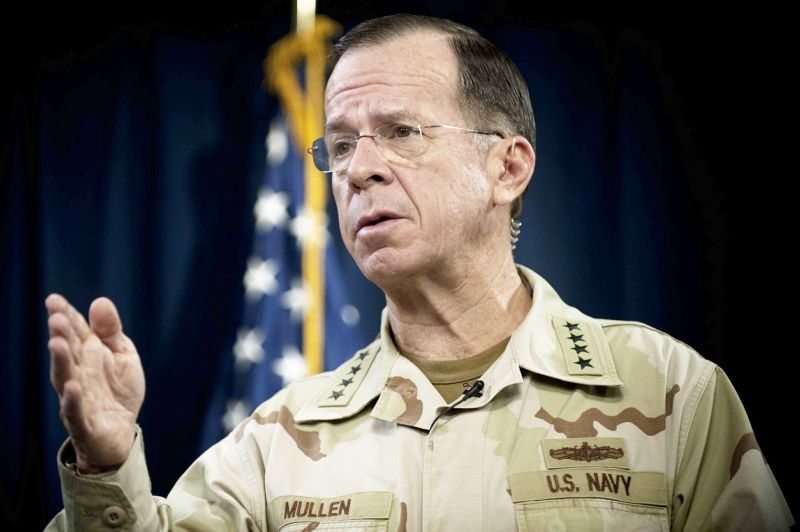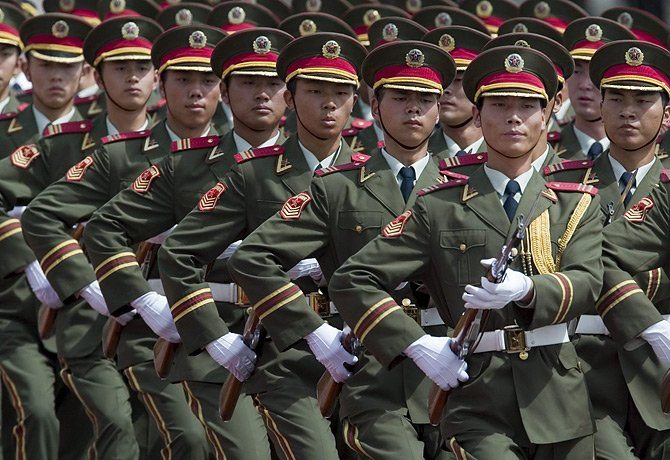As the pressure increases on the federal budget, the Defense Department must make cuts in a balanced way, the chairman of the Joint Chiefs of Staff said here today.
“There are three dials: the people dial, the operations dial and the acquisition or equipment dial,” Navy Adm. Mike Mullen said to about 300 Marines and sailors at this sprawling base in Helmand province. “We’re going to have to make adjustments in all three.”
Any changes must be done slowly and with forethought, the chairman said. He wants to avoid the hollow force of the 1970s and the kind of severe cuts made in the 1990s.
“When we did this in the 1990s, we learned in hindsight that we came down end-strength far too quickly,” he said.
The services need the time to allow service members to plan the next steps in their lives, and to allow “the systems internal to the services to adjust,” the chairman said. The Navy has had to drop active-duty end strength over the past decade by 50,000.
“The most we could do was about 10,000 a year in terms of seeing people leave the Navy,” he said. “Each service will be different.”
There will be adjustments in all three service departments and they must be done in an integrated way, he said.
Cuts in defense, then, cannot come from personnel only or pay and benefits only or acquisition only, Mullen said.
Some aspects of the budget have to be studied because the expense is not sustainable.
“Our health costs in the Department of Defense have grown from $19 billion in 2001, to $51 billion this year,” the chairman said. “In four years this will grow to $64 billion. If we don’t get control of that, we’re going to be a very healthy, but small force. Because those are bills that you just have to pay.”
Military health care is a great system, Mullen said. It’s a gold standard for health care in America, “but it’s not inexpensive … and the checkbook is not unlimited,” he said.
The Army and Marine Corps will drop peronnel in the years after fiscal 2015, the chairman said. The military has 48,000 personnel in Iraq now and is scheduled to have all service members out of the country by the end of the year. President Barack Obama has ordered a drawdown in Afghanistan with a 10,000-personnel reduction by the end of this year and a further reduction of 23,000 by the end of summer 2012.
It makes sense, the chairman said, for the military to draw down if the operations tempo drops. Even then the Army and Marine Corps will have more people than when they started, he said.
At Kandahar Air Base earlier in the day, a soldier asked Mullen about changes to military retirement. The chairman said there’s no immediate plan to affect retirement. Any changes to military retirement should be studied carefully and be the product of a senior-level, independent commission. He also said any changes to retirement should be grandfathered so the military doesn’t break faith with those in the service.
The chairman is in Afghanistan to get the ground truth from commanders and service members. He visited service members at Sangin, Lashkar-Gah and Tarin Khowt.











